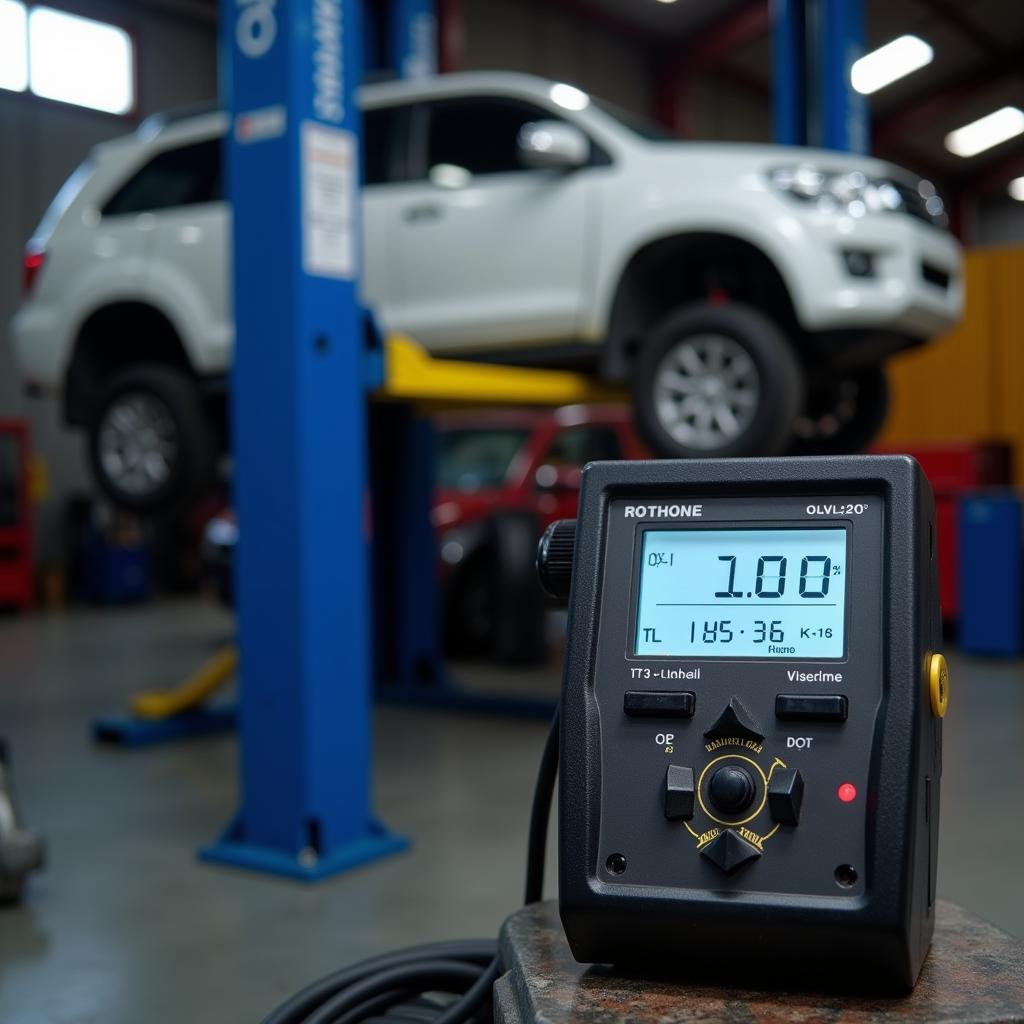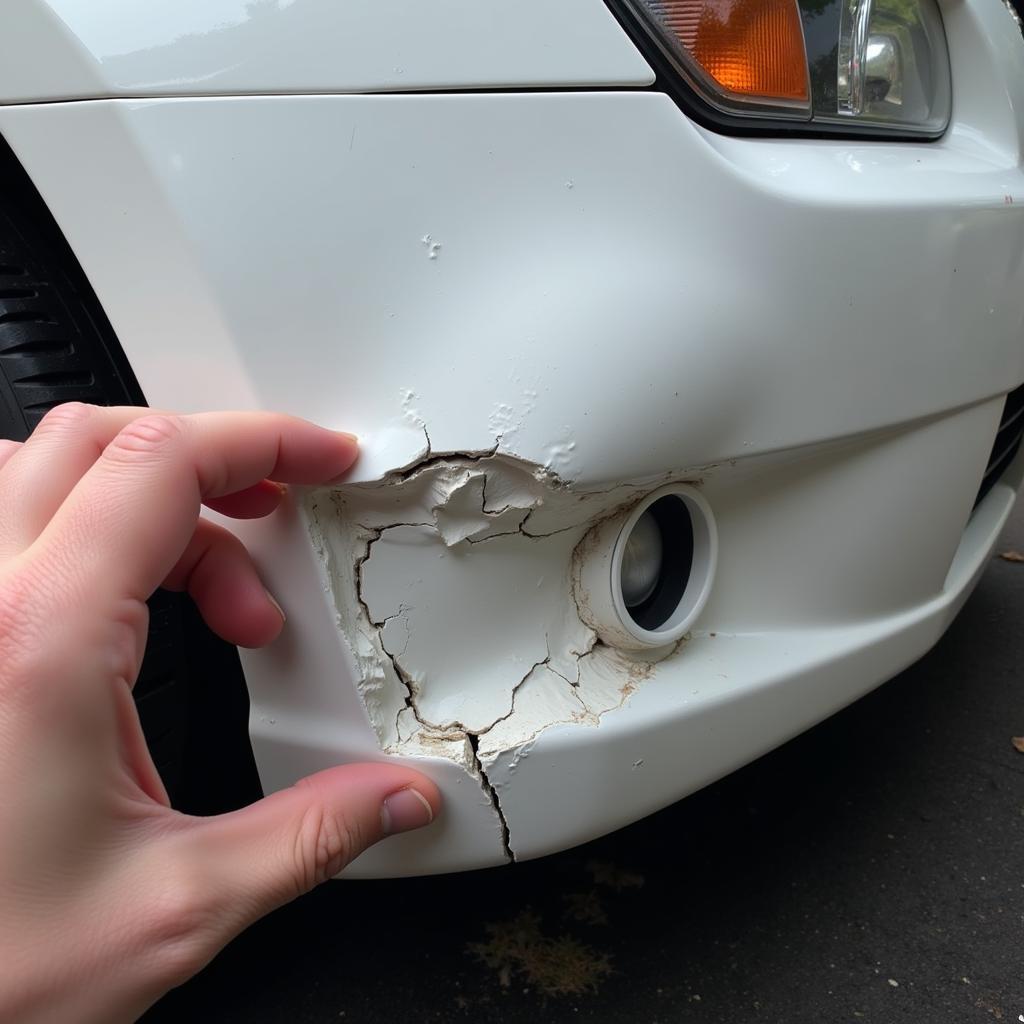Owning an electric car in India is becoming increasingly popular, but what about the maintenance cost? Unlike traditional petrol or diesel cars, electric cars have fewer moving parts, which generally means lower maintenance costs. However, there are still some specific maintenance items to consider for electric vehicles (EVs). This article will guide you through the essential aspects of EV maintenance costs in India, helping you make informed decisions about owning and maintaining your electric car.
Understanding EV Maintenance Costs in India
Electric car maintenance costs in India can vary depending on several factors, such as the make and model of the car, the age of the car, your driving habits, and the location of the service centre. However, generally speaking, EV maintenance costs are often lower than those associated with petrol or diesel cars. This is due to the simpler mechanical design of EVs, which reduces the need for regular oil changes, tune-ups, and other routine maintenance.
Major Maintenance Components for Electric Cars
Here’s a breakdown of the key maintenance components and their associated costs for EVs:
Battery Maintenance
The battery is the heart of any electric car, and its longevity is crucial. While EV batteries have a long lifespan, proper care is essential.
Here are some essential battery maintenance tips:
- Avoid extreme temperatures: Extreme heat or cold can significantly affect the battery’s performance and lifespan. Park your EV in a shaded area or a garage to protect it from direct sunlight.
- Regular charging: Charging your EV to a full charge regularly helps maintain optimal battery health. However, avoid fully depleting the battery frequently, as it can strain the battery.
- Battery management systems: Modern EVs come equipped with battery management systems (BMS) that monitor and optimize battery performance. These systems can automatically adjust charging and discharging patterns to ensure optimal battery health.
- Professional inspections: Have your EV’s battery inspected by certified technicians at least once a year. These inspections can detect any potential issues early on, preventing costly repairs down the line.
Estimated Cost of Battery Replacement:
Replacing an EV battery is the most expensive maintenance item, and the cost can vary significantly depending on the make and model of the car and the type of battery. You can expect to pay anywhere between ₹2 lakhs to ₹10 lakhs for a new battery.
“It’s important to remember that the cost of battery replacement can be a significant factor in the total cost of ownership for an EV. However, the good news is that most manufacturers offer warranties on their EV batteries, which can cover replacement costs for a certain period,” says Mr. Amit Sharma, a senior EV technician.
Tire Maintenance
Tires are an essential component of any vehicle, and EV tires are no different. While tire maintenance for EVs is similar to that of gasoline cars, it’s crucial to consider the unique aspects of EVs.
- Tire pressure: Electric cars are heavier than gasoline cars, so maintaining proper tire pressure is even more important to ensure optimal handling and fuel efficiency.
- Tire wear: EV tires tend to wear out faster due to the increased weight and torque. It’s crucial to check tire tread depth regularly and replace tires as needed.
- Tire alignment: Regular tire alignment is essential for EVs to prevent uneven wear and ensure optimal performance.
Estimated Cost of Tire Replacement:
The cost of replacing tires for an EV can vary depending on the size and type of tire. You can expect to pay anywhere between ₹5,000 to ₹15,000 for a set of four tires.
Brake Maintenance
Electric cars use regenerative braking, which helps recover energy during deceleration, reducing the need for frequent brake pad replacements. However, regular brake maintenance is still essential.
- Brake pad inspection: Have your brake pads inspected at least once a year.
- Brake fluid replacement: Brake fluid should be flushed and replaced every two years or as per the manufacturer’s recommendations.
Estimated Cost of Brake Pad Replacement:
The cost of brake pad replacement for an EV can range from ₹3,000 to ₹10,000 depending on the make and model of the car.
Other Maintenance Items
Besides the key components mentioned above, EVs also require other maintenance items, such as:
- Air filter replacement: Air filters should be replaced every 10,000 km or as per the manufacturer’s recommendations.
- Cabin air filter replacement: Cabin air filters should be replaced every 15,000 km or as per the manufacturer’s recommendations.
- Wiper blade replacement: Wiper blades should be replaced as needed to ensure clear visibility.
- Regular inspections: Have your EV inspected by a certified technician at least once a year to detect any potential issues early on.
Estimated Cost of Other Maintenance Items:
The cost of other maintenance items can vary depending on the specific item and the service center. You can expect to pay anywhere between ₹500 to ₹5,000 for these items.
Cost Comparison: Electric Car vs. Petrol/Diesel Car
While EV maintenance costs are generally lower than those associated with petrol or diesel cars, it’s crucial to consider the overall cost of ownership.
“While EVs might seem like a more expensive upfront purchase, the long-term cost savings on fuel and maintenance can make them a more economical option in the long run,” says Ms. Priya Singh, an EV expert.
Here’s a comparison of the estimated annual maintenance costs for a petrol/diesel car and an EV in India:
| Maintenance Item | Petrol/Diesel Car (₹) | Electric Car (₹) |
|---|---|---|
| Oil change | 2,000 – 5,000 | – |
| Air filter replacement | 500 – 1,500 | 500 – 1,500 |
| Cabin air filter replacement | 1,000 – 2,000 | 1,000 – 2,000 |
| Brake pad replacement | 3,000 – 10,000 | 3,000 – 10,000 |
| Tire replacement | 5,000 – 15,000 | 5,000 – 15,000 |
| Other maintenance | 2,000 – 5,000 | 2,000 – 5,000 |
| Total Annual Cost (Approx.) | 13,500 – 38,500 | 11,500 – 38,500 |
As you can see, the estimated annual maintenance costs for both electric and petrol/diesel cars are similar. However, it’s important to note that EVs generally require fewer maintenance services overall, which can result in lower long-term costs.
Tips for Reducing EV Maintenance Costs
Here are some additional tips for minimizing your EV maintenance costs:
- Follow the manufacturer’s recommended maintenance schedule: Adhering to the manufacturer’s recommendations for maintenance services helps ensure optimal performance and prevents costly repairs down the line.
- Choose a certified service centre: Always choose a certified service centre for your EV maintenance to ensure the use of genuine parts and skilled technicians.
- Learn basic maintenance tasks: Familiarize yourself with basic EV maintenance tasks, such as checking tire pressure and checking the battery’s charge level.
- Drive cautiously: Avoid aggressive driving habits, such as hard acceleration and braking.
- Invest in a portable charger: A portable charger can come in handy for charging your EV at home or on the go, reducing the need for frequent visits to charging stations.
Frequently Asked Questions (FAQs)
Q: How often should I have my EV’s battery checked?
A: It’s generally recommended to have your EV’s battery inspected by a certified technician at least once a year.
Q: Is EV maintenance more expensive than petrol car maintenance?
A: While the initial cost of an EV might be higher, the long-term maintenance costs are often lower due to fewer moving parts and reduced need for regular services.
Q: Are EV batteries covered under warranty?
A: Most manufacturers offer warranties on their EV batteries, which can cover replacement costs for a certain period.
Q: Where can I find certified EV service centres in India?
A: You can find certified EV service centres through the manufacturer’s website, authorized dealerships, and online directories.
Q: Are there any special tools required for EV maintenance?
A: While most EV maintenance tasks can be performed with standard tools, some specialized tools may be required for certain tasks, such as battery diagnostics.
Conclusion
Owning an electric car in India can offer several benefits, including reduced fuel costs and lower emissions. While EV maintenance costs are generally lower than those associated with traditional cars, it’s essential to understand the specific maintenance requirements and potential costs. By following the tips and guidelines discussed in this article, you can ensure optimal performance and longevity for your EV, minimizing maintenance costs and maximizing your overall EV ownership experience.
For any further queries regarding electric car maintenance in India, feel free to contact us at [AutoTipPro Contact Information]. We are here to help you navigate the world of EVs with confidence.






Leave a Reply